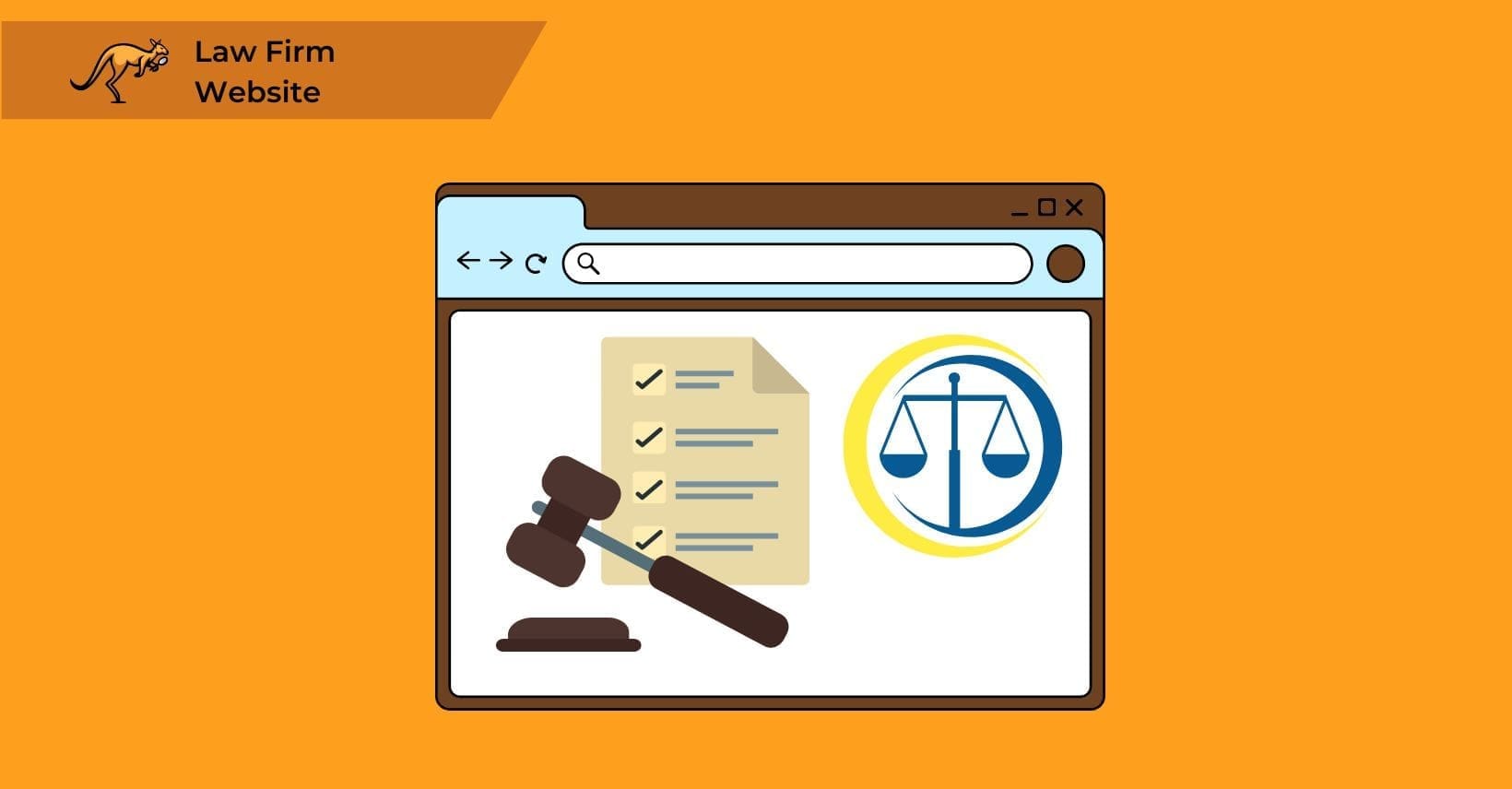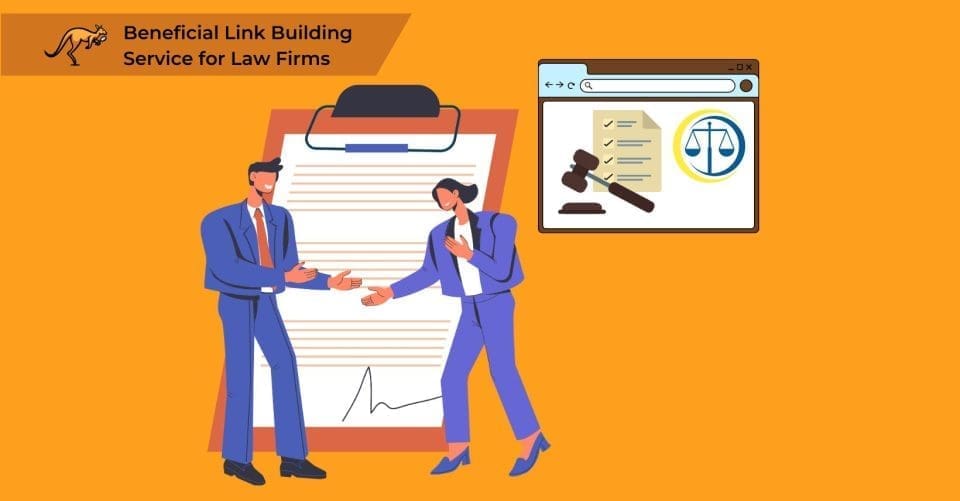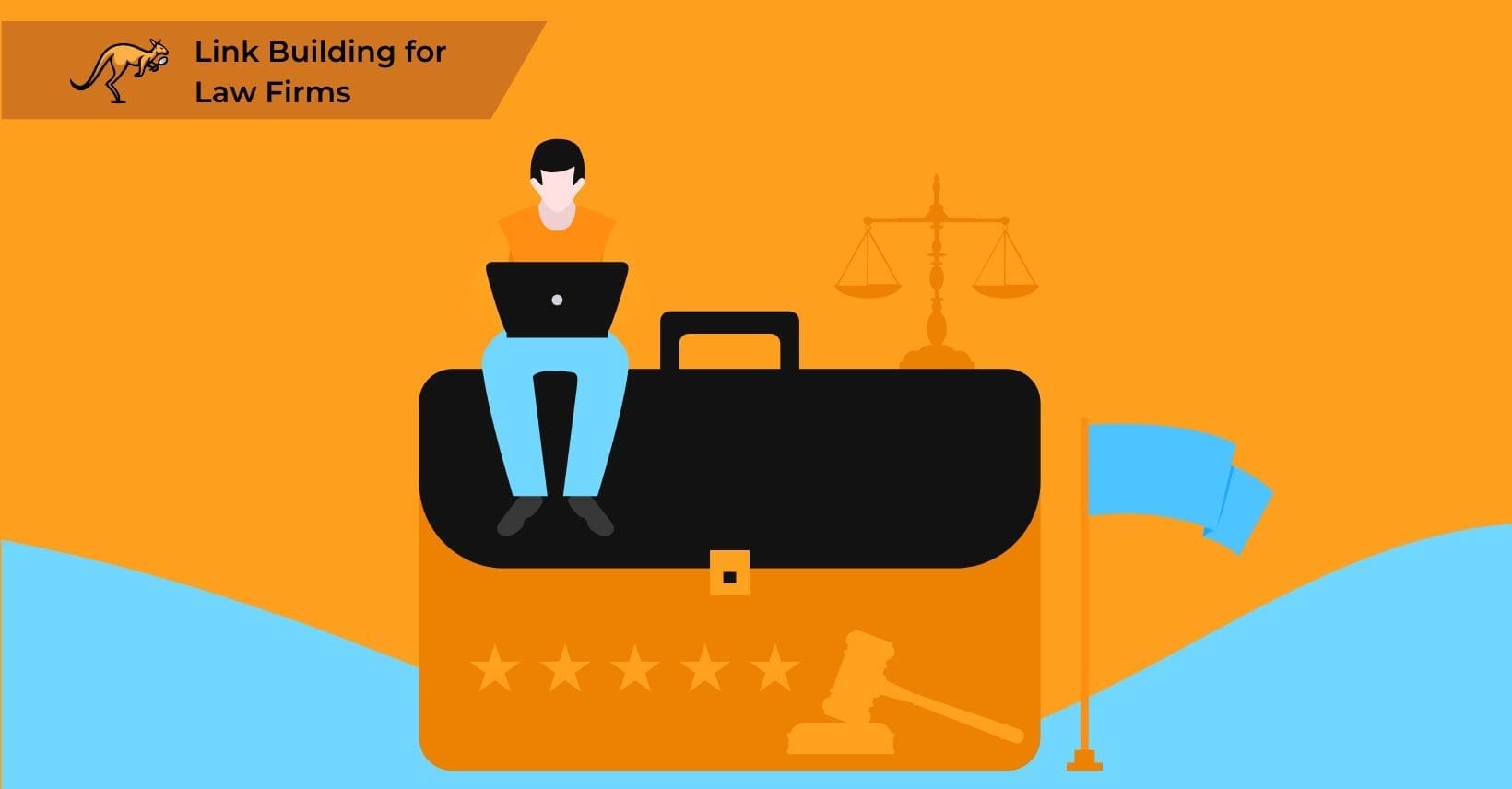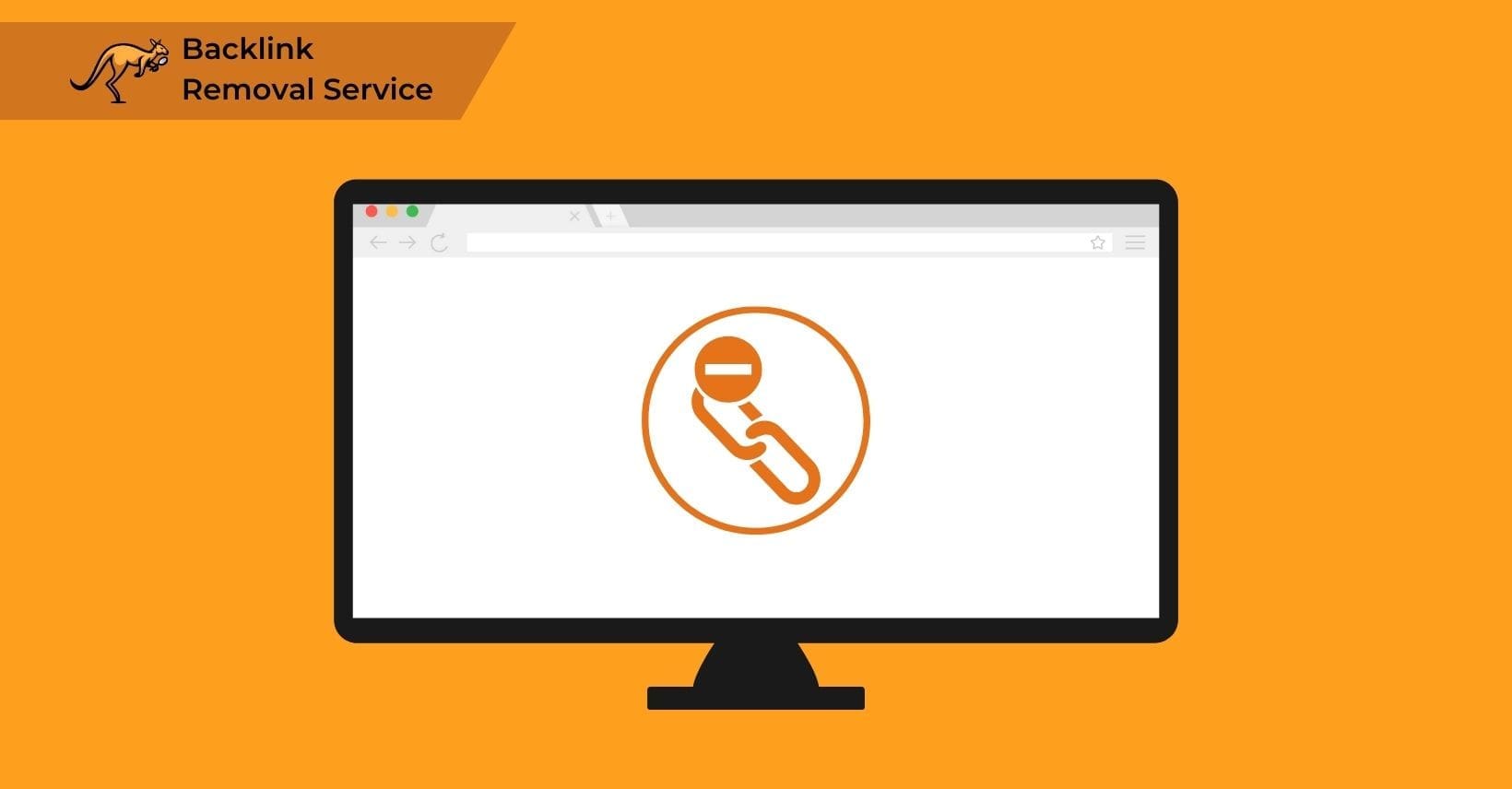In the competitive legal services arena, developing a strong online presence is essential for law firms aiming to attract clients and boost market visibility.
Link building, a key component of search engine optimization (SEO), enhances a website’s authority and improves its search rankings.
A well-constructed link-building strategy can increase traffic, credibility, and client acquisition for law firms.
This article provides practical insights into effective link-building techniques to help law firms gain an edge in the legal sector.
Whether refining an existing online strategy or building one from scratch, mastering the nuances of link building can enhance your firm’s digital footprint.
The Purpose of Link Building
Link building for law firms serves the purpose of strategically increasing inbound links from authoritative sources, which enhances your law firm’s website visibility and SEO rankings while establishing your practice as a trusted legal resource.
By securing links from other sites, Google recognizes and values your content, improving how potential clients find your services online.
This method boosts your online presence and strengthens your digital connections, paving the way for more detailed discussions on the importance of links for a law firm.
Why Are Links Important for a Law Firm?
Backlinks from other websites signal that your law firm’s site is a reliable information source, which directly improves your search rankings and online authority. When other website owners link to your law practice, these backlinks demonstrate to Google that your legal business possesses credibility that deserves higher placement in search results.
High-ranking and respected websites can transfer domain authority to your law firm’s website, boosting its authority. As a result, search engines are more inclined to trust your website and rank it higher in search results.
In the realm of Google Ads, some of the most expensive keywords include “loans,” “insurance,” “mortgage,” and “lawyer.” The legal field is particularly competitive in both PPC and SEO strategies.
While PPC offers the advantage of immediate results through paid advertising, a well-constructed SEO strategy for law firms can yield a much better long-term ROI.
Effective link-building starts with compelling content that gains the reader’s trust and enhances your brand’s image.
Although superb content is essential, high-quality backlinks are indispensable to secure a spot on Google’s first page in a competitive sector like law.
A well-designed link-building strategy can significantly elevate your law firm’s website visibility and authority.
Link Building Strategy for Law Firm Websites

Adopting ethical, white hat strategies is essential to enhance your legal firm’s website with more backlinks.
These methods prioritize your intended audience over merely trying to manipulate search rankings.
Compliance with Google’s guidelines is necessary, yet your primary focus should be delivering quality content and services that naturally attract your audience and foster organic traffic growth.
This may be accomplished in a variety of ways, including:
Work on Your Social Media Sites
Begin your link-building strategy by setting up social media profiles. This natural starting point allows you to integrate your brand into the digital conversation seamlessly.
Establish a presence on platforms like Facebook, where joining specialty groups can help you answer legal queries, assert your expertise, and promote your latest blog posts.
This direct engagement bolsters your online visibility and enhances your reputation as a knowledgeable resource.
Further, enhance your digital footprint by embracing legal SEO at every opportunity, and consider using paid advertising to reach your desired audience effectively.
However, steer clear of purchasing social signals, as such practices might lead to bans or involve low-quality accounts, ultimately harming your website’s credibility by sending spam signals.
These efforts in building a strong, authentic online presence can lead to more substantial engagement, followed by hosting community-focused events that further embed your brand into the fabric of the community.
Hosting Community-Focused Events
Hosting community-focused events, such as virtual conferences and legal webinars, helps law firms gain exposure and attract quality backlinks when publications and businesses share details about these events on their platforms with links back to the law firm’s website.
When promoting your event, you can reach out to various publications and businesses to encourage them to share details about the event on their platforms, typically through social media, and link back to your website.
Additionally, offering scholarships can engage community members and attract links from businesses, educational institutions, and other organizations to your scholarship pages, increasing traffic.
As you consider enhancing your legal practice’s visibility, remember the importance of visibility in reputable legal directories. These directories boost your SEO and lend credibility to your firm.
Reputable Legal Directories
Directories on the internet act much like the Yellow Pages once did, serving as comprehensive lists of resources.
For lawyers, there is a wide range of directories to choose from, including those that are free, charge a one-time fee, or require ongoing payments.
Many legal directories provide authoritative links and allow law firms to add detailed information, including their names, phone numbers, practice areas, social media profiles, and website links.
As businesses add these RDF triples—subjects like law firms, predicates like ‘have’ or ‘include,’ and objects like contact details—these directories enrich searchable data.
Adhering to certain standards, which guide the organization and presentation of information within these directories, is crucial to maintaining the utility and accuracy of these resources.
Guidelines for Directories
Lawyer directories are networking opportunities that are both simple to access and difficult to avoid. Here are a few things to keep an eye out for:
- Look for high DR and DA (Ahrefs Domain Rating).
- Look for directories that are being actively curated. Be cautious if you notice missing photos or broken connections.
- Before submitting your website to a directory, be sure it is reliable. It’s generally not a brilliant idea to put your site there if it seems to be low-quality or questionable.
Linkable Content
Engaging material that other websites can’t help but connect to is linkable content.
Many law firms develop unique information that consumers can’t get anywhere else, and that serves as a helpful resource or addresses a pressing industry topic.
The idea is to create something that other websites will eagerly connect to. The following are some examples of linkable content:
- eBooks
- Libraries accessible through the internet
- Interviews with the celebrities
- Videos
- Quizzes
- Infographics
- How-to manuals
Try to develop some content ideas that your audience might like. If you promote this information online (and, ideally, get it to rank), you’ll automatically draw links. You may also directly market this material on websites.
Try the Skyscrapers Technique
The skyscraper technique for law firms involves detailed research of legal subject areas and comprehensive analysis of high-ranking content created by competitors, which enables attorneys to produce superior content that website owners will prefer to link to instead of existing resources.
After identifying the strengths of this content, your goal is to produce new, superior material. Upon completion, you approach the owners of the original content to propose replacing their existing links with ones to your updated version.
Given the detailed effort and potential for improving online visibility it involves, one might wonder about the wider applicability of such strategies. For instance, could law firms also benefit from adopting sophisticated SEO techniques like link-building services?
Is it Beneficial for Law Firms to Take Link Building Services?

Link-building services are essential for law firms aiming to boost their online visibility.
By acquiring high-quality backlinks from credible sources, law firms enhance their search engine rankings, increasing visibility to prospective clients.
Effective link-building drives increased website traffic and bolsters the firm’s legal sector authority—a key factor in client decision-making.
A robust link profile also elevates domain authority, reinforcing the firm’s reputation and competitiveness for prominent legal service keywords.
Considering the benefits of a strategic link-building approach, it becomes clear why a specialized service like Searcharoo might be the preferred choice for your law firm’s link-building needs.
Why Choose Searcharoo for Your Law Firm’s Link-building Needs?
Selecting Searcharoo as your law firm’s link-building partner means choosing a company that excels in strategic, ethical SEO tailored to the legal sector.
Searcharoo expertly addresses compliance issues and builds strategies around securing links from authoritative, relevant websites.
These links boost your website’s search engine visibility and compliance with industry standards.
The personalized service provided by Searcharoo enhances your law firm’s digital presence, which helps attract and retain more clients.
Key Takeaways for Law Firm Link Building
An effective law firm link building strategy requires securing high-authority backlinks that demonstrate your site’s trustworthiness, which places your legal practice ahead of competitors. Law firms that implement comprehensive link building approaches combining social media presence, community events, legal directories, and quality content creation establish the credibility needed to rank well on Google despite the competitive nature of legal SEO.
High authority websites are needed for your website’s content to rank effectively on Google. Having credible connections demonstrates that your site’s content is trustworthy, putting you ahead of the competition.
And if you’re already considering SEO help, take a look at some of the things we offer. Whether you are a new site owner who’s just started blogging or the figurehead of an established business, contact us and we’ll provide personalised and insight-driven answers that can get your links in check as soon as possible.
Frequently Asked Questions
Do law firms need link building part of their SEO strategy?
Link building fits into a broader SEO strategy for attorneys by increasing the number of unique referring domains that signal authority to search engines, which improves rankings and traffic while complementing content creation and technical optimization. Attorneys who incorporate both inbound links from reputable websites and strategic outbound links to authoritative legal resources create a comprehensive SEO approach that enhances their overall digital marketing effectiveness.
How can I build links that my competitors cannot?
Law firms can build links that competitors cannot duplicate by leveraging existing relationships formed in law school or professional associations, which create unique linking opportunities that other firms cannot access. These exclusive connections provide attorneys with guest posting opportunities and referral links that strengthen their website’s authority in ways competitors cannot replicate.
Is it necessary to optimize internal links?
Internal link optimization is necessary for law firm websites because creating strategic links between your site’s important pages helps your law firm’s website rank higher and attract more visitors. Law firms that implement proper internal linking structures make it easier for potential clients to access relevant legal information while simultaneously improving search engine crawlability and content discoverability.





